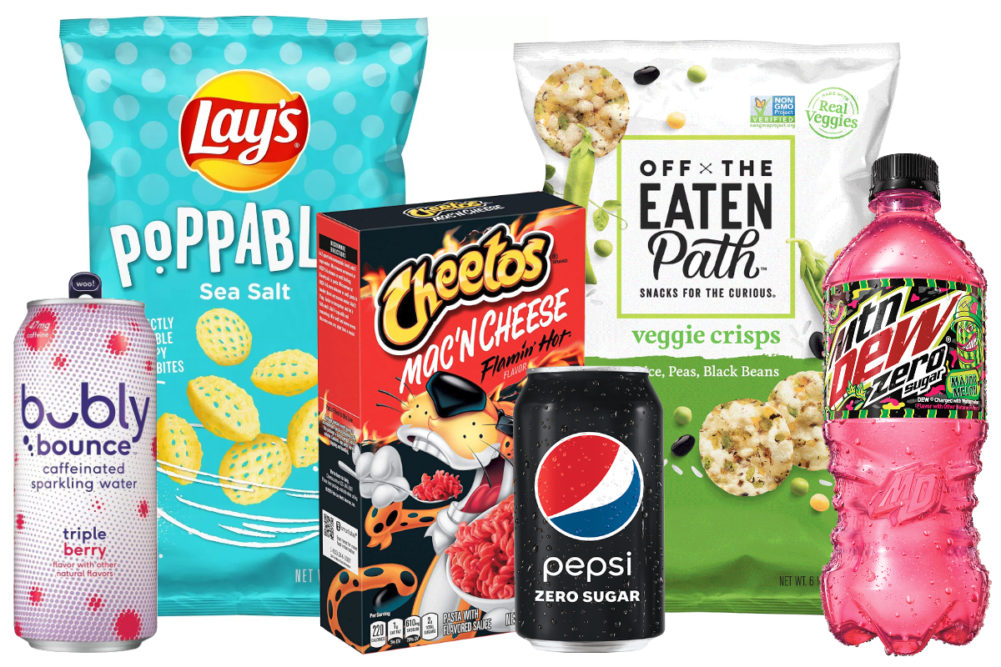PURCHASE, NY. — By evolving its portfolio to meet the changing needs of consumers PepsiCo, Inc. believes it has the formula in place to maintain its long-term growth target of 4% to 6% organic sales growth.
To get there, though, the company will need to heighten its focus on three strategic levers, Hugh F. Johnston, executive vice president and chief financial officer, told participants during a Feb. 17 presentation as part of the Consumer Analyst Group of New York virtual conference.
First, PepsiCo will need to continue growing its largest brands, he said.
“We accomplished this by revitalizing our large well-known brands on an ongoing basis like trademark Lay's, Doritos, Mountain Dew and Pepsi through flavor extensions, diverse package mix offerings and strong brand activation campaigns, which continuously refresh these trademarks to meet the changing consumer preferences,” Mr. Johnston said.
Another key for PepsiCo will be delivering big ideas via consumer-centric innovation. Mr. Johnston said PepsiCo’s efforts in this area have included its expansion in the sports drink category with Gatorade Zero and Bolt24, as well as the launch of sparkling water brand bubly. Gatorade Zero and Bolt24 combined to deliver more than $1 billion in estimated retail sales in 2020, while bubly generated more than $350 million in estimated retail sales in 2020 and continues to maintain a high-single-digit value share of the category, Mr. Johnston said.
He said PepsiCo also is “lifting and shifting innovation” by doubling the number of international markets for its Flamin' Hot flavor profile and significantly expanding the presence and availability of its Pepsi Black or Zero Sugar innovation. The company also is working closely across existing assets and brands to expand into new adjacencies, such as Cheetos Mac ‘n Cheese and Off the Eaten Path, he added.
The third lever guiding revenue growth will be PepsiCo’s ability to address key strategic gaps in its portfolio through mergers and acquisitions, Mr. Johnston said.
“Our acquisitions over the last few years, most notably Rockstar, Pioneer Foods, Be & Cherry, SodaStream, BFY Brands and others help fill demand spaces where we needed them the most,” he said. “Currently, we are very happy with our portfolio and are focused on maximizing the growth and returns from our assets. As we move forward, we remain encouraged about our growth prospects as the categories we compete in are very large and are expected to grow at mid-single-digit rate. Specifically, we only command an approximate 9% share in a $570 billion global LRB (liquid refreshment beverages) addressable market and an approximate 7% share in a $550 billion global macro snacks addressable market.”





